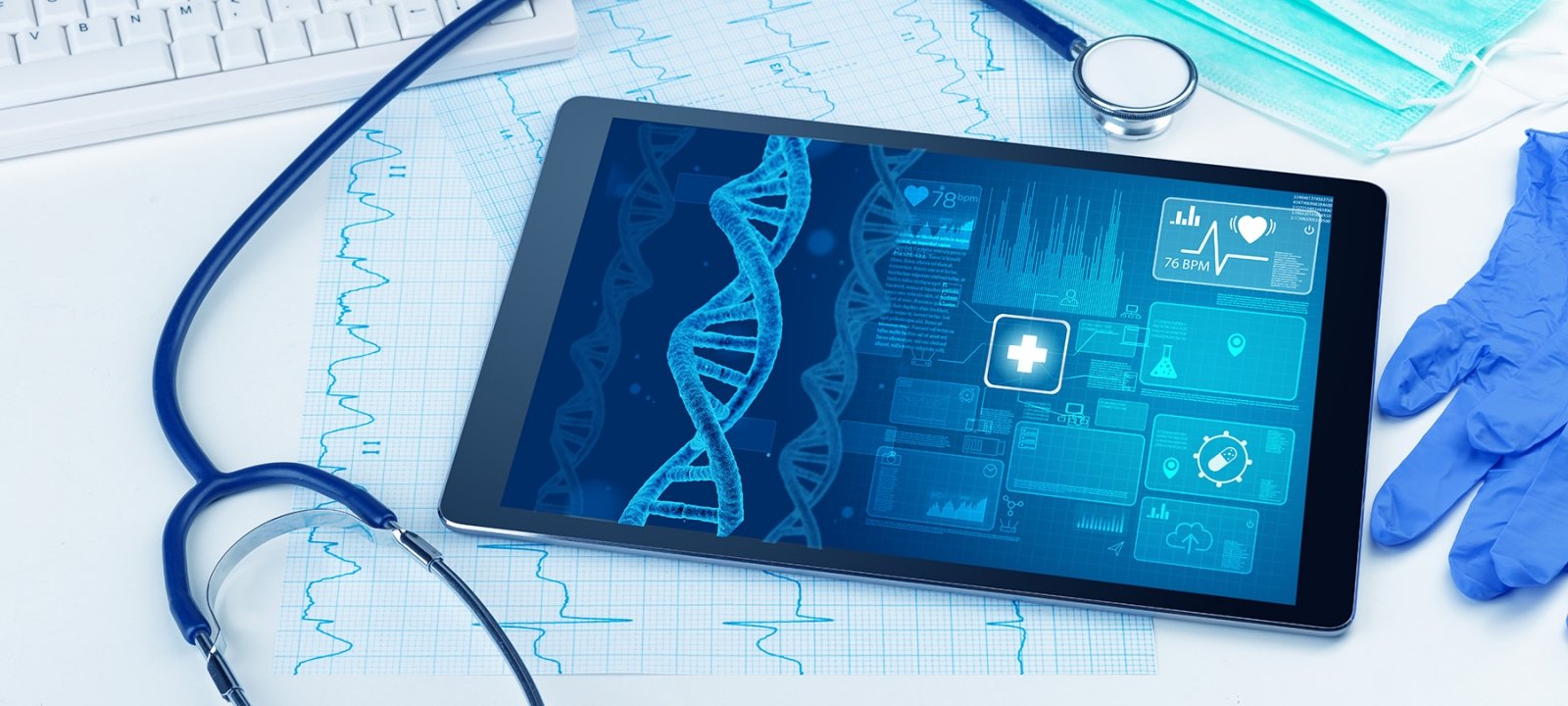Healthcare has always been central to human development, but the past decade has seen unprecedented advancements in medicine. From groundbreaking technologies to lifestyle-focused care, the field is rapidly evolving to meet the demands of growing populations, aging societies, and new global health threats. At the same time, issues such as healthcare inequality, rising costs, and ethical dilemmas create challenges that cannot be ignored.
This article explores the latest innovations, current challenges, and the future of medicine, highlighting how patients, providers, and policymakers can adapt to a changing healthcare landscape.
1. The Rise of Digital Health
Technology has become the cornerstone of modern healthcare delivery.
-
Telemedicine: Virtual consultations are no longer just a convenience—they have become essential, especially in rural areas and during emergencies like the COVID-19 pandemic. Telehealth platforms reduce travel time, increase patient compliance, and improve access to specialists.
-
Wearable Devices: Smartwatches and health trackers continuously monitor heart rate, blood pressure, oxygen levels, and even sleep cycles. These tools give patients real-time insight into their health while providing doctors with valuable data.
-
Health Apps: Mobile apps now assist in medication management, fitness tracking, and mental health support, giving patients more control over their well-being.
The integration of digital tools improves efficiency, enhances patient engagement, and encourages preventive healthcare.
2. Personalized and Precision Medicine
Traditional medicine often follows standardized protocols. However, new research is making it possible to treat each patient as unique.
-
Genomic Testing: Advances in DNA sequencing allow physicians to predict disease risk, customize treatments, and even prevent illness. For example, patients with BRCA gene mutations can take proactive steps against breast and ovarian cancer.
-
Targeted Therapies: Precision treatments in oncology are reducing side effects while improving survival rates. Instead of general chemotherapy, drugs can now attack specific cancer cells.
-
Pharmacogenomics: Understanding how genes affect medication response helps doctors prescribe the right drugs at the right doses.
As these tools become more affordable, they will move from specialized clinics into mainstream medical practice.

3. Artificial Intelligence in Healthcare
Artificial intelligence (AI) is reshaping diagnostics, treatment, and patient care management.
-
AI-Powered Imaging: Algorithms now analyze X-rays, CT scans, and MRIs, often detecting diseases earlier than human radiologists.
-
Predictive Analytics: By analyzing large datasets, AI can predict outbreaks, assess patient risk factors, and help doctors make proactive treatment decisions.
-
Virtual Health Assistants: AI chatbots and assistants guide patients through symptom checks, appointment scheduling, and medication reminders.
AI does not replace doctors but enhances their capabilities, allowing for faster and more accurate care.
4. Preventive and Lifestyle Medicine
Healthcare is shifting from a disease-centered model to a wellness-focused approach.
-
Chronic Disease Prevention: Conditions such as diabetes, hypertension, and cardiovascular disease are largely preventable with healthier diets, regular exercise, and stress management.
-
Nutrition and Medicine: Physicians increasingly emphasize dietary changes alongside prescriptions. Plant-based diets, for example, are linked to reduced risks of heart disease.
-
Mental Health: Preventive care also includes emotional well-being. Integrating psychological services into primary care is reducing stigma and improving outcomes.
By focusing on prevention, healthcare systems can lower costs and improve life expectancy.
5. Global Health Challenges
While technology advances, pressing global health issues remain.
-
Infectious Diseases: Pandemics like COVID-19 highlight the need for stronger international cooperation, rapid vaccine development, and better preparedness.
-
Antimicrobial Resistance (AMR): Overuse of antibiotics has led to drug-resistant bacteria, posing a major threat to modern medicine.
-
Healthcare Inequality: Billions of people still lack access to basic services, clean water, and essential medicines. Low-income regions face shortages of doctors, equipment, and vaccines.
Addressing these challenges requires both innovation and policies that prioritize equity.
6. Robotics and Advanced Medical Devices
Engineering and medicine are merging to improve patient outcomes.
-
Robotic Surgery: Surgical robots offer precision beyond human hands, allowing minimally invasive operations with quicker recovery times.
-
Smart Prosthetics: Bionic limbs, controlled by nerve signals, restore mobility and function for amputees.
-
Rehabilitation Technology: Robotic exoskeletons are helping stroke and injury patients regain movement and independence.
These innovations demonstrate how technology enhances both treatment and quality of life.
7. Ethics and Privacy in Modern Medicine
New tools raise new ethical dilemmas.
-
Data Privacy: With more health data stored online, cybersecurity breaches pose serious risks. Protecting patient information is a top priority.
-
AI Bias: Algorithms can be flawed if trained on non-diverse datasets, leading to unequal treatment outcomes.
-
Access and Equity: High costs for advanced treatments can widen the gap between wealthy and low-income patients.
Striking a balance between innovation, accessibility, and fairness will be critical in shaping the future of healthcare.
8. The Future of Medicine
The next decade will likely bring even more profound changes.
-
Home-Based Healthcare: Remote monitoring tools will make hospital visits less frequent, enabling patients to manage chronic illnesses from home.
-
Regenerative Medicine: Stem cell research and tissue engineering could lead to new treatments for organ failure and degenerative diseases.
-
Global Collaboration: International sharing of medical data and resources will improve preparedness for pandemics and other health crises.
The medicine of tomorrow will be digital, personalized, and preventive—but always reliant on the human connection between patients and providers.

Conclusion
Health and medicine are evolving at a remarkable pace. From telemedicine and AI diagnostics to precision therapies and robotics, innovations are transforming the way we approach wellness and treatment. Yet alongside these opportunities lie significant challenges, including antibiotic resistance, healthcare inequality, and ethical concerns.
Ultimately, the future of healthcare depends on finding balance: embracing technology while ensuring compassion, accessibility, and fairness remain at the core of medicine. By doing so, societies worldwide can create systems that are not only more advanced but also more equitable and sustainable.


Leave a Reply